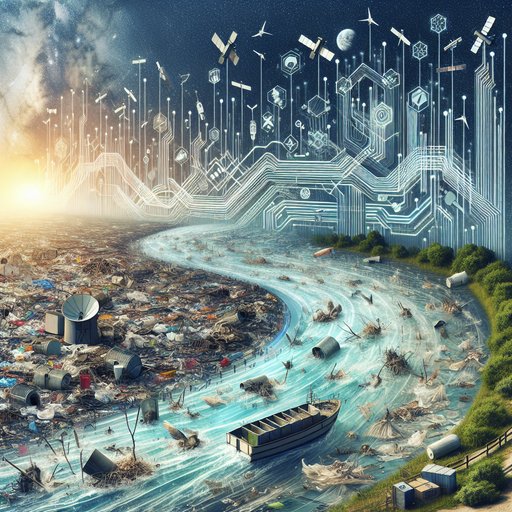- Details
- Written by: Valenenzia Gruelle

Canada now has an evidence-based ranking of antimicrobial resistance (AMR) priority pathogens, published on September 17, 2025, with an explicit eye toward public health implications [1]. The list is a sober instrument: a map of microbial threats designed to guide attention, budgets, and behavior. But maps are only as humane as the journeys they enable. As breakthrough technologies for detection, modeling, and drug discovery accelerate, public understanding across communities lags behind, risking a split-screen society where experts speak in heatmaps and households hear only the word “superbug.” The AMR list can be a civic compass—if we pair it with ethical rollout, clear communication, and inclusive education that treats every generation as a partner rather than an audience [1].
- Details
- Written by: Anne Wienbloch

A trashed former hospital site in Newborough, near Moe, has hit the market after years of decay, with local voices calling for it to be converted into social housing rather than yet another speculative shell [6]. Real estate, yes—but also a referendum on what a community is allowed to say, stage, and remember while the wreckage still stands. As the sale sign goes up, so does a subtler placard: how do we protect people from hazards without silencing the art and testimony that often bloom in neglected places? The boundary between safeguarding and smothering expression rarely appears in zoning language, but in practice it can decide whether a town’s wounds are aired or quietly plastered over [6]. This is not a gallery spat; it’s a civic syllabus on who gets to narrate decline and design the future.
- Details
- Written by: Bob Fratenni

McKinsey’s latest breakdown of 13 tech trends for the year ahead arrives like a glossy prospectus for progress, and yet it lands in a world where our technological currents already run thick with externalities [10]. When a river turns toxic, it is a mirror held up to our consumption habits; industries externalize costs, ecosystems pay in carcasses and silence. The same logic is migrating upstream to the sky, where connectivity, convenience, and speed promise abundance while quietly burdening shared atmospheres and orbits. If lists like McKinsey’s are to guide investment, then the outrage over hidden costs must translate into regulation and restorative justice—not as an afterthought, but as a first principle [10].
- Details
- Written by: Alex Dupcheck

Governing a nation is not a talent show; it is a discipline that rewards expertise, design rigor, and institutions built to last. That is why a seemingly modest headline—digitally empowering communities in India with Cisco and Indus Action—deserves national attention: it exemplifies how qualified professionals can translate public-spirited intent into real capability on the ground [2]. When democratic energy is channeled through competence rather than charisma, citizens get systems that work. The stakes are high, because a politics infatuated with spectacle reliably neglects the patient work of state capacity. India’s democratic future will be brighter if partnerships grounded in specialized knowledge become the norm, not the exception—and if we reorient incentives to select and educate leaders for qualifications, not applause.











































